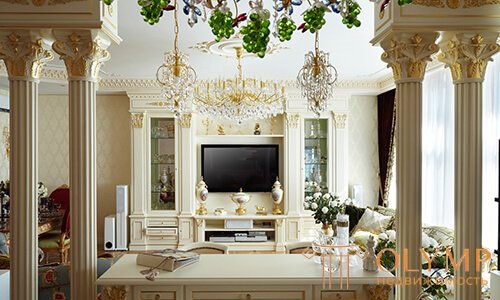
The existing styles are conventionally divided into classical, which have a centuries-old tradition, modern and ethnic.
Became the basis for the development of a number of popular styles. It features a symmetrical arrangement of elements, simple and harmonious forms.

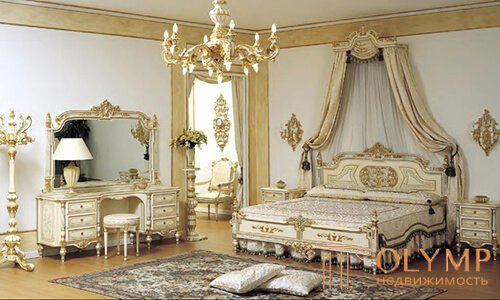
Signs of style are high ceilings and arched windows, decorated with stained glass windows, which emphasize the desire upwards. Apparent simplicity includes decorative elements with fine finish and wood carving.
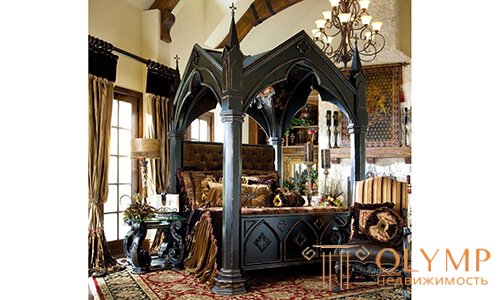
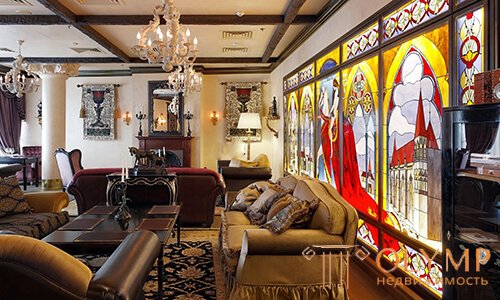
It is built on the harmonious coexistence of moderation and formality. The consistency and symmetry of the interior go back to the antique style, but are interpreted differently: with the use of expensive materials and heavy solid wood furniture.
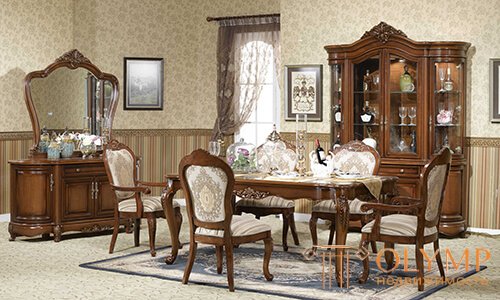
Deliberately complex style with an abundance of decorative elements. Used for decoration of large premises. Baroque interior is designed to hit the pomp and undisguised luxury. The decoration uses expensive materials: velvet, marble elements, cedar, etc.
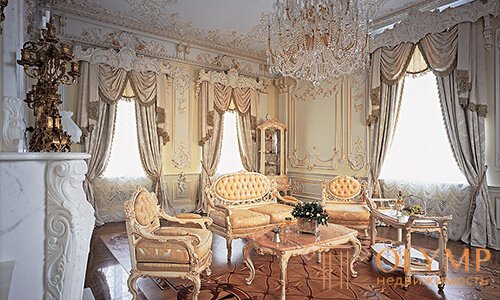
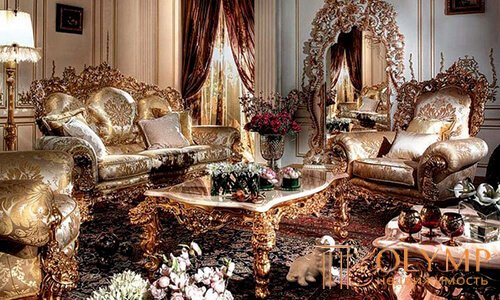
Boudoir style used for the design of bedrooms. Differs in abundance of ornaments, complex and fancy decorative elements.
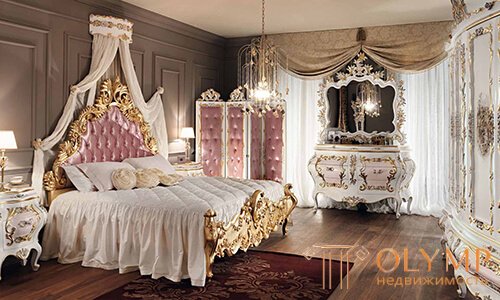
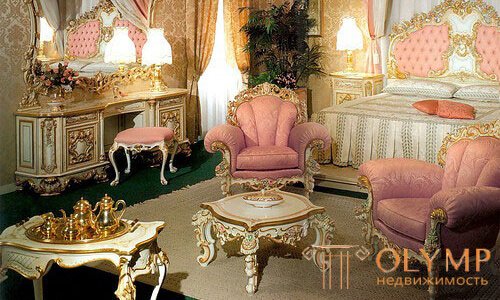
One of the varieties of the modern interpretation of the ancient style, which, unlike the “parent” direction, implies the use of expensive materials. Differs in external simplicity and ease, contrasting with the elaborate design of furniture, decorated with wood carvings and expensive upholstery. Requires a thoughtful placement of interior for visual harmony.
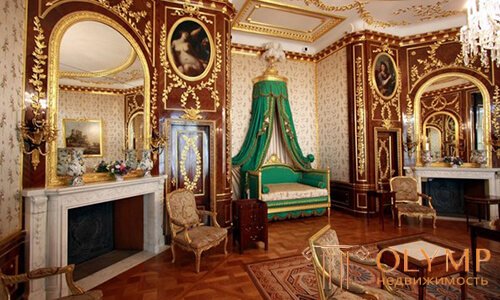
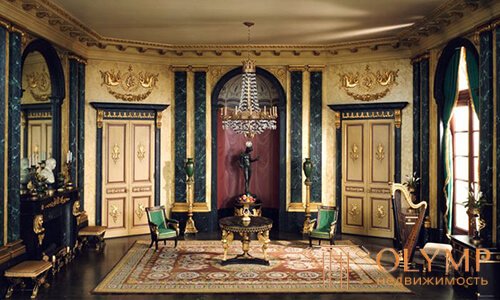
It implies the use of smooth lines, echoing the world of wildlife. This creates the effect of asymmetric “flowing” of one piece of interior to another, forming a harmonious unity of perception. Abundantly used wooden objects and design elements.
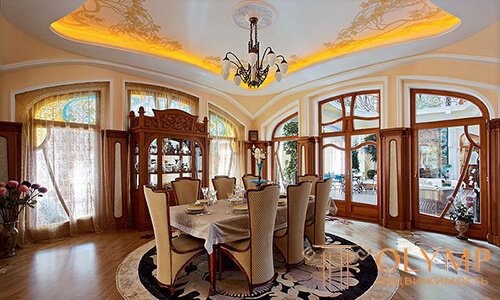
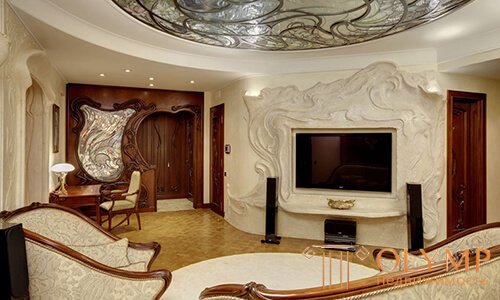
Rational style oriented to benefit from each piece of furniture. If the item is not used, it is excluded from the interior (almost no decorative accessories are used).
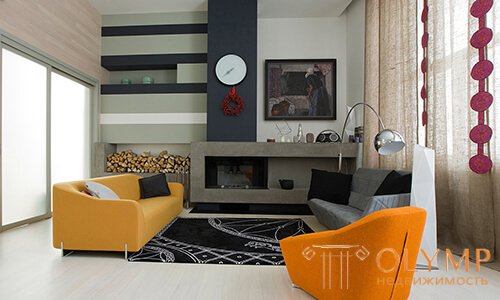
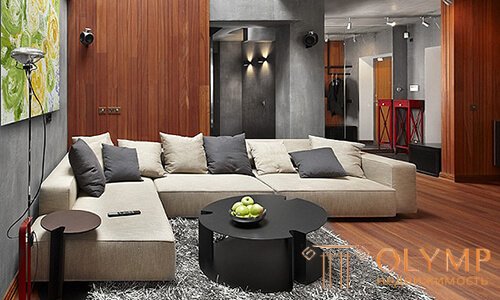
One of the trends of modernity, which eventually formed into a separate style. It implies a contrasting combination of smooth curves and straight lines, as well as simplicity with elements of luxury.
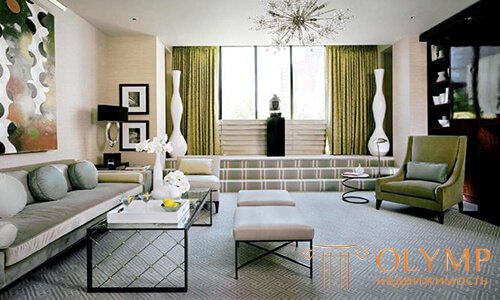
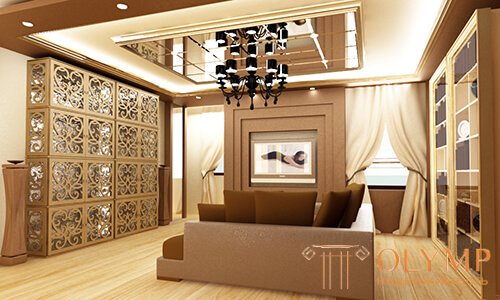
Modern style, designed to delight and amaze. It is characterized by the use of bright materials, glossy and illuminated design elements. A distinctive feature of pop art is the use of familiar things and materials in an unusual role.
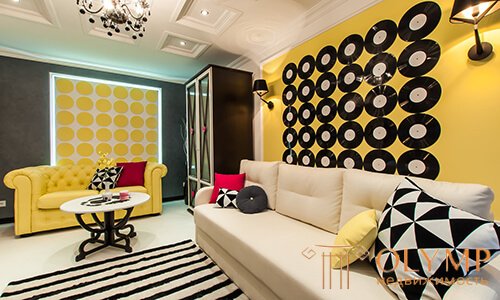
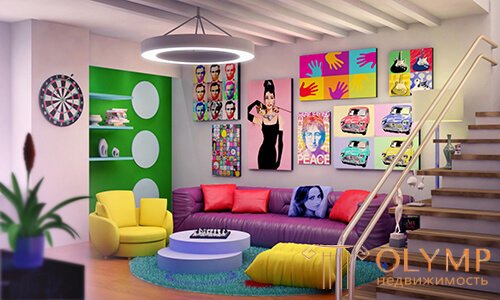
This style is focused on the release of space from unnecessary things. The main features of minimalism: the use of transforming furniture that can be folded for compact storage; minimum number of accessories; straight lines and sharp corners.
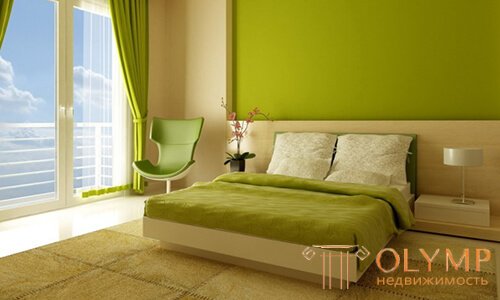
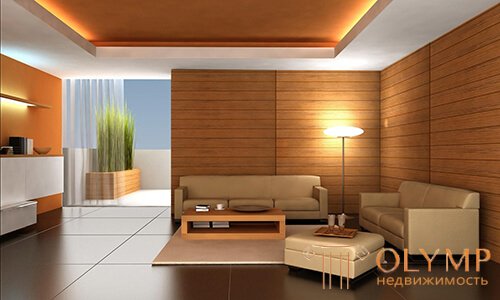
It implies the combination of other well-known styles, accompanied by the use of materials and objects of bright colors. Often used factory items that mimic expensive materials and famous works of art. The combination of deliberately incompatible colors and objects gives rise to the unique uniqueness of kitsch.
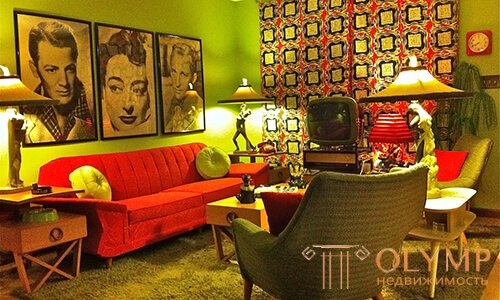
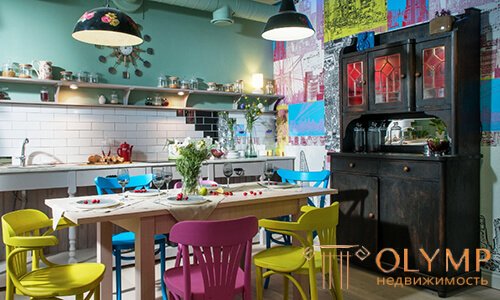
It goes back to the ancient tradition based on symmetry, simplicity and simple lines. At the same time allows the use of modern materials and objects. It is characterized by calm colors and lack of pretentiousness.
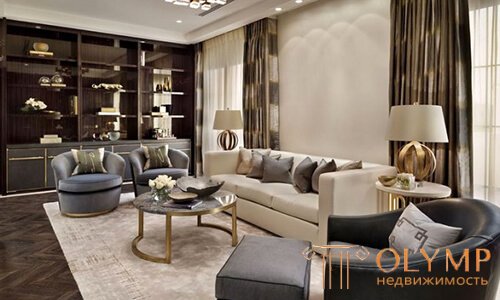
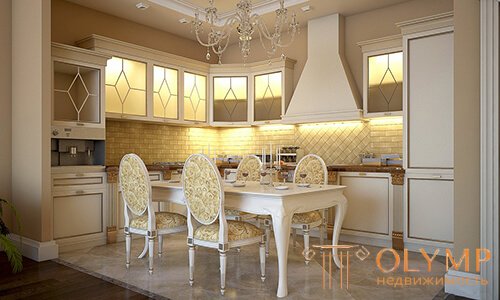
High-tech style, which with external detachment is characterized by sophisticated functionality. It is characterized by the use of modern technical solutions, modern materials and designs.
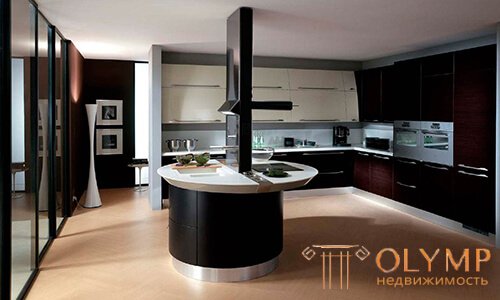
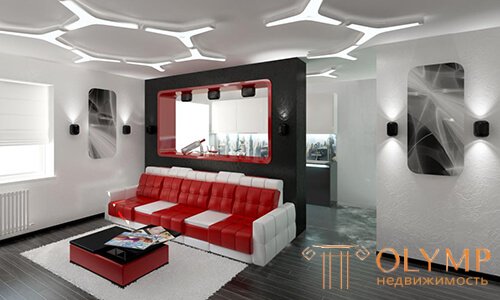
It implies the use of natural materials (leather, fur, reeds) in a yellow-brown range, reminiscent of desert sands, as well as authentic decor items that are associated with the life of the peoples of Africa.
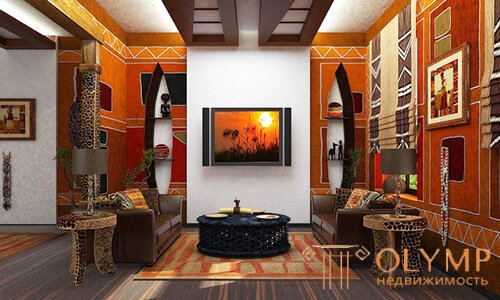
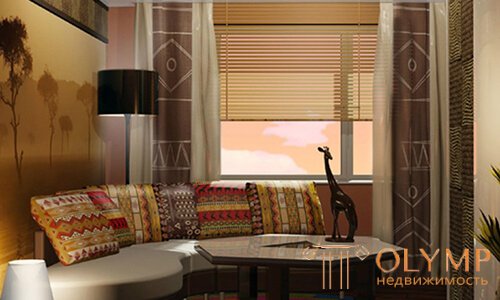
In authentic understanding, it implies the use of a minimum number of interior items, which should not contain unique or unique features. In modern interpretation based on the use of natural materials in light colors and a minimum amount of furniture.
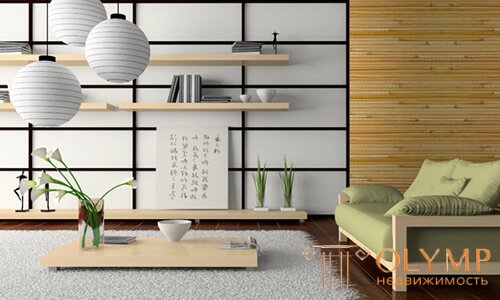
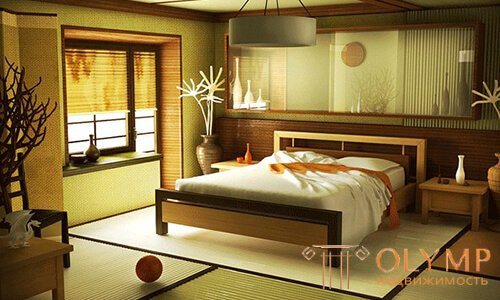
It differs from the Japanese style in the redundancy of accessories, refinement and the use of bright colors (often resorting to a combination of red and black). Particular attention is paid to relaxing rest, so the interior involves the installation of comfortable furniture and thoughtful zoning of space.
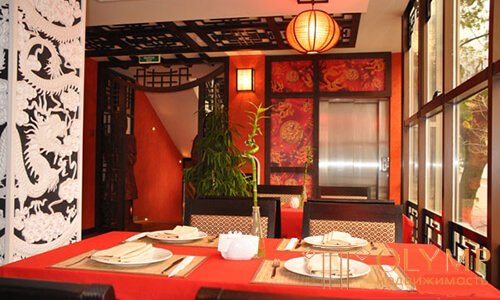
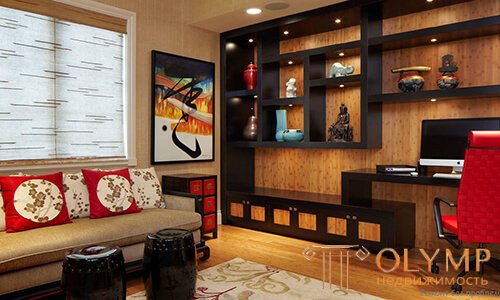
Focuses on simplicity and comfort, reproduced in the spirit of the French countryside. Distinctive features include the use of vibrant colors, light curtains, which almost do not block the light, accessories made of porcelain and ceramics, as well as elegant furniture and light background (white or beige walls, floor and ceiling).
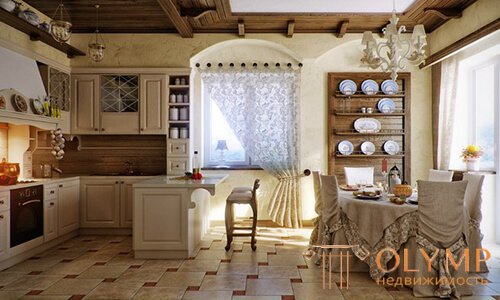
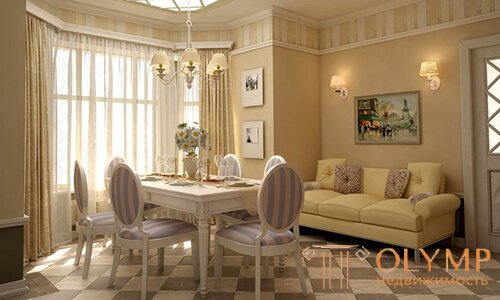
Mediterranean style
The style that combines the traditions of the countries of the Mediterranean region. It is based on the use of objects from natural wood, the installation of windows with a large glass area, pastel shades of furniture and interior items.
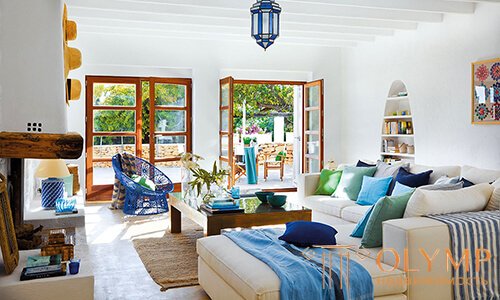
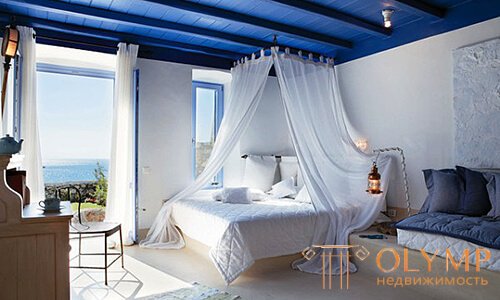
Что бы оставить комментарий войдите
Комментарии (0)